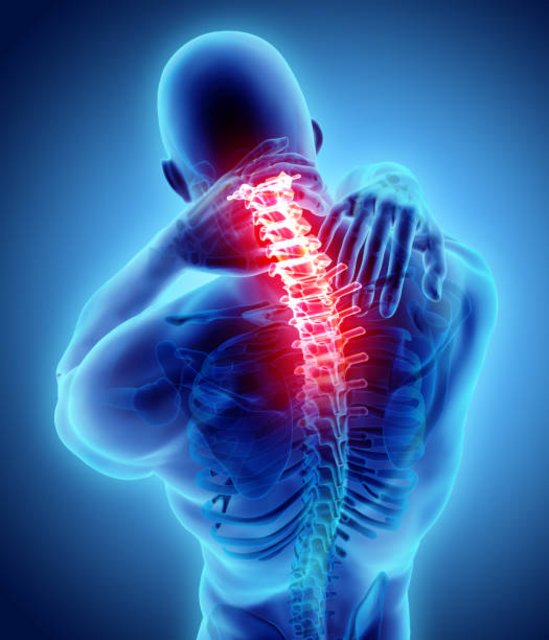There Are Treatment Options To Alleviate Chronic Pain
Kategori: Allmänt

It can be frustrating when you experience pain that does not disappear. It can be detrimental to your health and well-being. It could hinder your from having a good quality sleep, eating healthy and working out. It can affect your mood, work, making it difficult to be with your loved ones and friends. If you're among the 100 million Americans with chronic pain, often referred to as chronic pain, you're aware of how debilitating and frustrating it can be.
Every year millions of prescriptions are filled for Ketamine Infusion -Many of which are powerful opioids that could cause addiction as well as other negative side negative effects. There are alternatives to pain than opioids.
Opioids
Opioids are strong pain medications. Opioids are helpful when you are experiencing severe discomfort, like pain after surgery or after a fracture. If you're suffering from serious illnesses, like cancer, they can assist you manage your pain. You should consult a doctor who has been trained in pain medicine (e.g. an anesthesiologist or physician) to determine which opioid or other treatment would be most appropriate for your particular situation.
Opioids can be powerful but they're not the ideal method to combat chronic (chronic) pain, such as arthritis, low back pain or frequent headaches. If you take opioids for a prolonged period to manage your chronic pain, you may be in danger of developing addiction. Before you begin taking opioids for chronic pain, consult your physician about other options. Here's why:
Opioids can have dangerous negative side effects as well as high risk
Your body eventually gets adjusted to opioids and could stop giving Pain Management Physician. For the same level of relief, you may need to increase the dosage. The side effects could include:
Trouble breathing and a slower heart rate that can lead to death.
Mental disturbances and confusion, like moodiness or outbursts of temper
Constipation
Opioids can be addictive
One-fourth of opioid users who take long-term use is addicted. Most alarmingly, research found that around 115 Americans die of overdoses of opioid painkillers each day, while hundreds visit the emergency room.
Some options for pain relief may be more effective and less risky than opioids.
These therapies could be an option before you consider opioids. Speak to your doctor.
Over-the-counter medicines:
Acetaminophen (Tylenol and generic)
Ibuprofen (Advil and Motrin IB, as well as other generic)
Naproxen (Aleve, generic)
Non-drug treatments:
Massage, exercise, or physical therapy
Counseling
Acupuncture
"Cold" therapy, known as cryotherapy
Interventional treatments
Steroid injections
Radiofrequency ablation (using heat to stimulate particular nerves)
Neuromodulation (nerve stimulation)
Other prescription medications (ask about risks and possible side effects):
Anti-seizure drugs
A majority of insurance companies as well as Medicare are covered by these treatments, but you can verify the coverage with your insurance service.
What do you do if your doctor prescribes painkillers?
Consult your physician about side effects, risks and addiction and be sure to watch for them too. Things to look out for include unusual moodiness or outbursts of temper, cravings and unusual taking risks. Take your medication as prescribed by your doctor . Make sure that you remove your opioids in a safe manner:
It is important to take only the prescribed opioids only as prescribed by your doctor. Do not share your prescriptions with anyone.
Keep your medication safe from children and other people.
Get rid of expired, unwanted, and unused medications safely. The most efficient method to do this is by using local "take back" or "mail back" programs and medication drop boxes.
